Nigeria is culturally diverse in every aspect of ethnicity and society. The number of language and ethnic groups greatly influence this. Folks speaking similar languages may differ in several beliefs and societal frameworks.
A crucial thread in that fabric of diversity is the cuisine. They possess an exuberant number of dishes. Such as Ewa riro (beans porridge), Egusi (ground melon), Amala (cassava flour), Eba (cassava meal), Akpu/fufu (fermented cassava), Tuwo (from corn/rice / other forms), Edikang ikon, Jollof rice, etc.
Despite all these varieties, one thing stands unique and surprisingly common - ingredients. As far as a typical Nigerian kitchen goes, specific ingredients are always available. So, whether you are a first-timer, setting your kitchen up for success precedes a pleasant Nigerian-table experience.
Therefore, double-check your ingredient list to put your kitchen on the road to smiles and cheers at the dinner.
Ingredients
- Oil category (palm oil, vegetable oil and groundnut oil)


Palm oil is an essential ingredient and a significant colouring factor in any Nigerian dish. It is primarily produced domestically in rural areas of the country's south and west.
All Nigerian rice recipes, tomato stews and sauces are made with pure vegetable oil. It is used in any frying recipe. Groundnut oil is widely used and available in place of vegetable oil. It is locally produced in almost every part of the country as well.
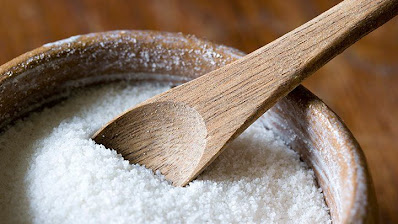
A Nigerian kitchen is never without salt. This is the same across the planet. It features in practically every Nigerian recipe. Make salt a top priority on your shopping list.
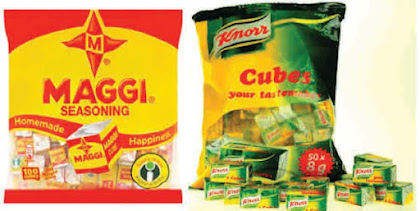
Nigerians, especially Yorubas, enjoy spicy food. Without a doubt, their use of spice cubes contributes significantly to this. With big brands like Maggi and Knorr dominating this market, they still have options.

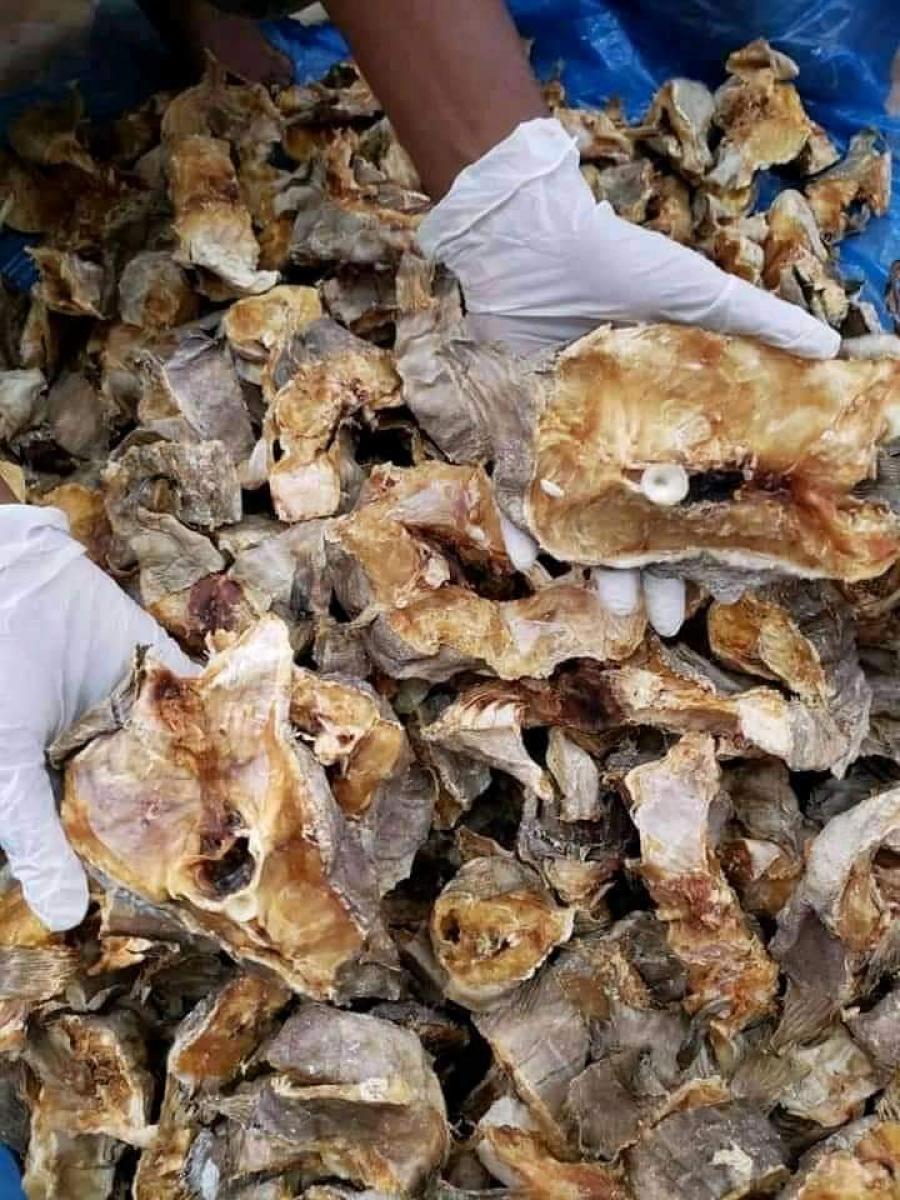
Crayfish and stockfish have long been favoured ingredients in Nigerian cuisine.
As a common element in Nigerian foods, crayfish is a must-have ingredient in most Nigerian soups and stews.
There isn't much of a soup without crayfish in it. It makes a flavorful, appetising and aromatic addition. Given the high demand for and consumption of stockfish in Nigeria, it is astonishing that the country doesn't produce it but imports it from Norway.
- Onion (red onion, white onion, etc)
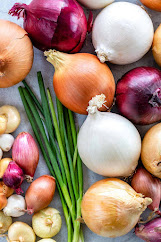
In Nigeria, onions are a common cuisine item. There are a plethora of health advantages to eating onions. They're used to make beef, chicken, soups, stews, and porridges.- Tomato and pepper (red and black pepper)
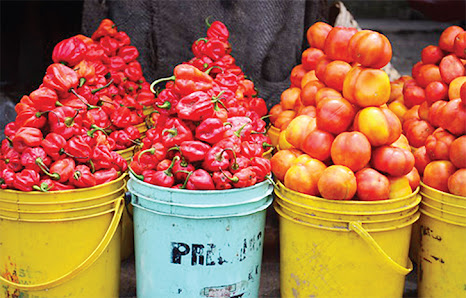
Tomatoes and peppers are popular ingredients in Nigerian soups and stews. For pepper, they primarily use chillies and habaneros (Ata Rodo) and plum tomatoes. Their preference for flavorful and spicy dishes influences how these ingredients feature in almost any dish, including jollof rice.
- Seasoning category (curry and thyme)

Nigerian cuisine makes extensive use of indigenous spices. Thyme and curry powder is mainly used; bay leaves and shallots are common tastes. Seasoning is essential in preparing tomato stew, pepper soup, and jollof rice.
- Soup category (egusi, ogbono, etc)
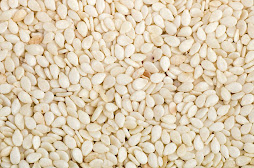

The egusi/melon seed soup is highly delicious. It is normally produced using grounded melon seeds. It is no exaggeration to say that it is Nigeria's most popular soup. In the country's southeastern and southern areas, the ogbono/bush mango seed is common.
It's on practically every pantry and kitchen shelf. Just about every Nigerian consumes ogbono soup; only in rare cases.

Garri is a granulated cassava product. Available in either of two colours: yellow or white. It is a constant feature in Nigerian kitchens. It's a traditional Nigerian foodstuff and the only ingredient needed to prepare eba.
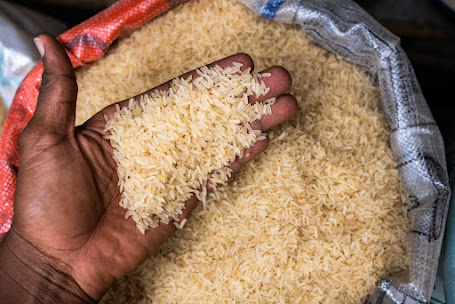
Rice is a staple meal in Nigeria. This is obvious in the variety of rice dishes, the most popular is Jollof rice. Although varieties of rice are cultivated and produced inside the country, Nigerian rice consumption is high and sustained by imports.

The most often used bean in Nigeria is black-eyed beans, which come in several varieties. It is the most popular legume in Nigerian households both at home and abroad. Bean pottage, Moi-Moi (bean pudding), and Akara (bean fritter) are all traditional Nigerian bean delicacies.
Hope you liked this content? Let us know any other ingredients/foodstuffs that are must haves😁.
Written by Muhammad Bello
Good piece 🤗👍
ReplyDeleteThank you!
Delete